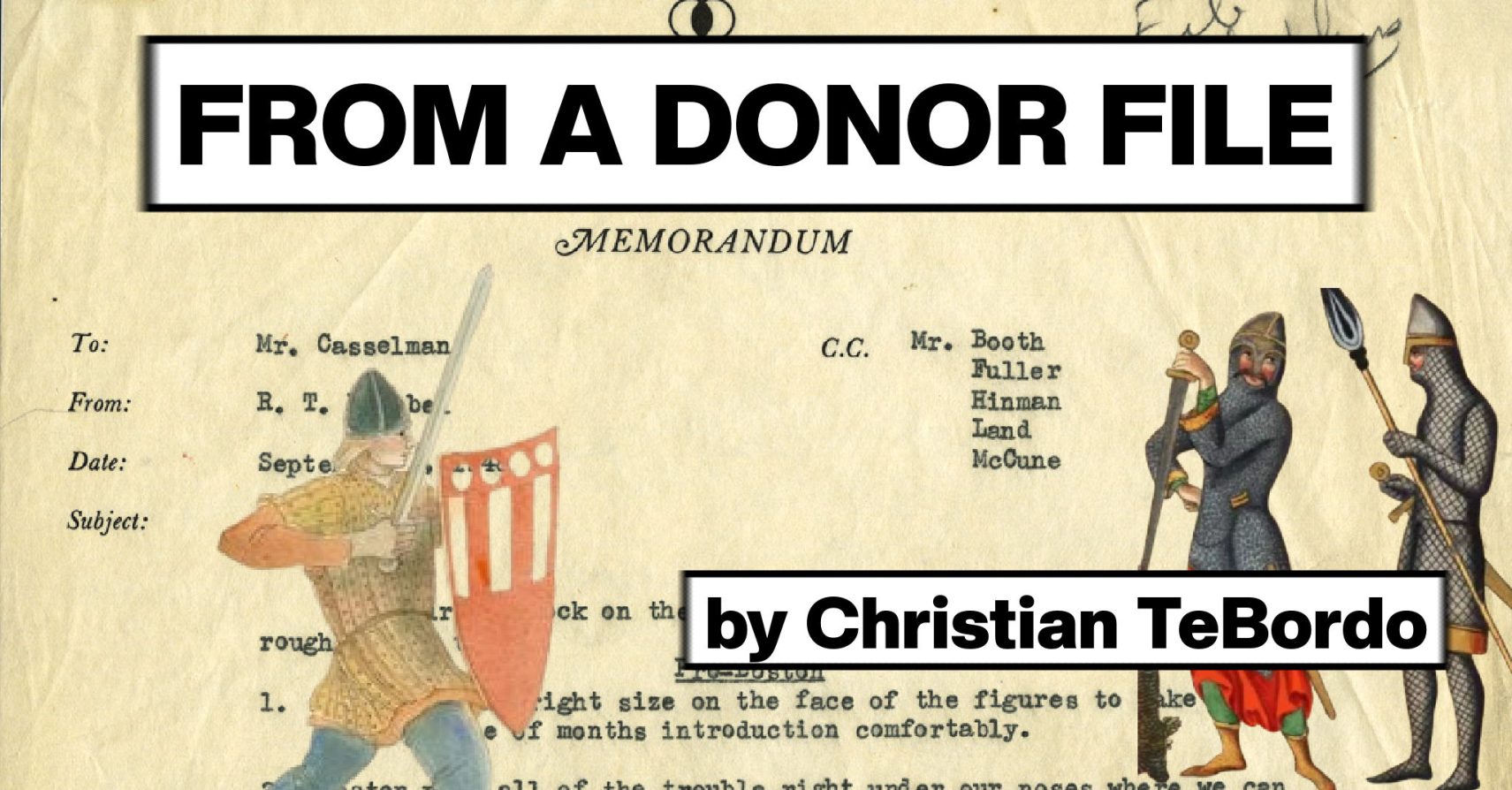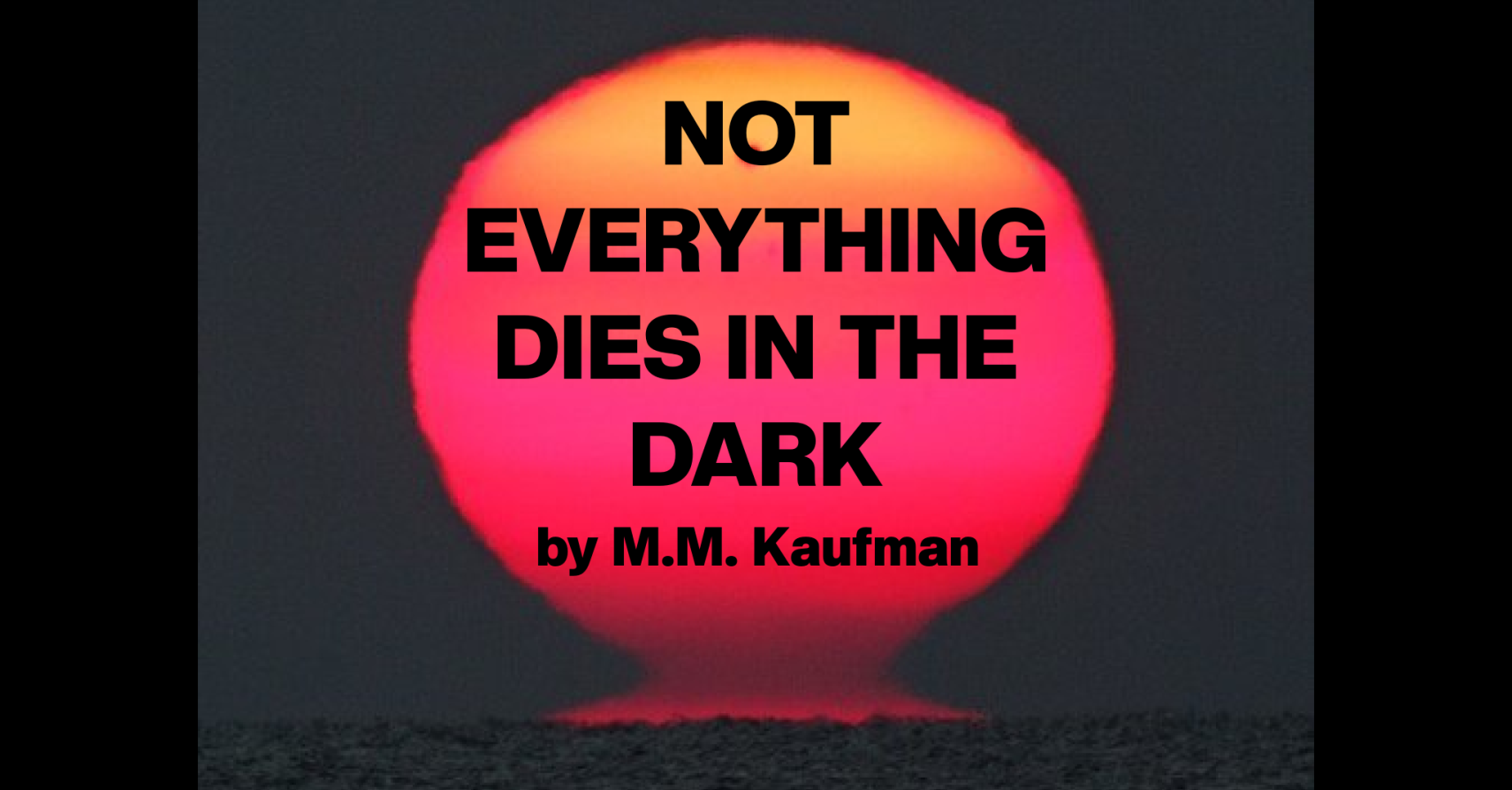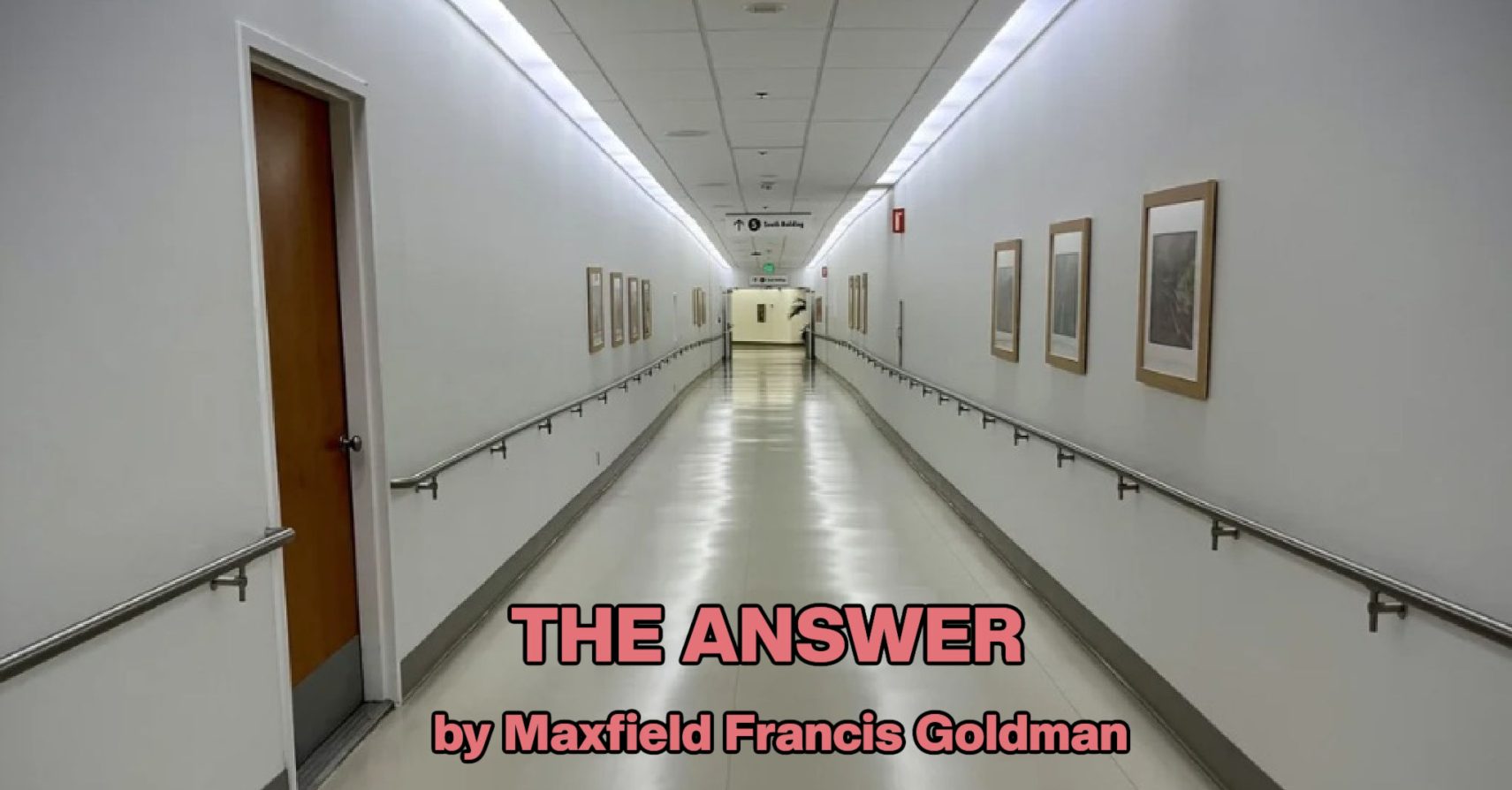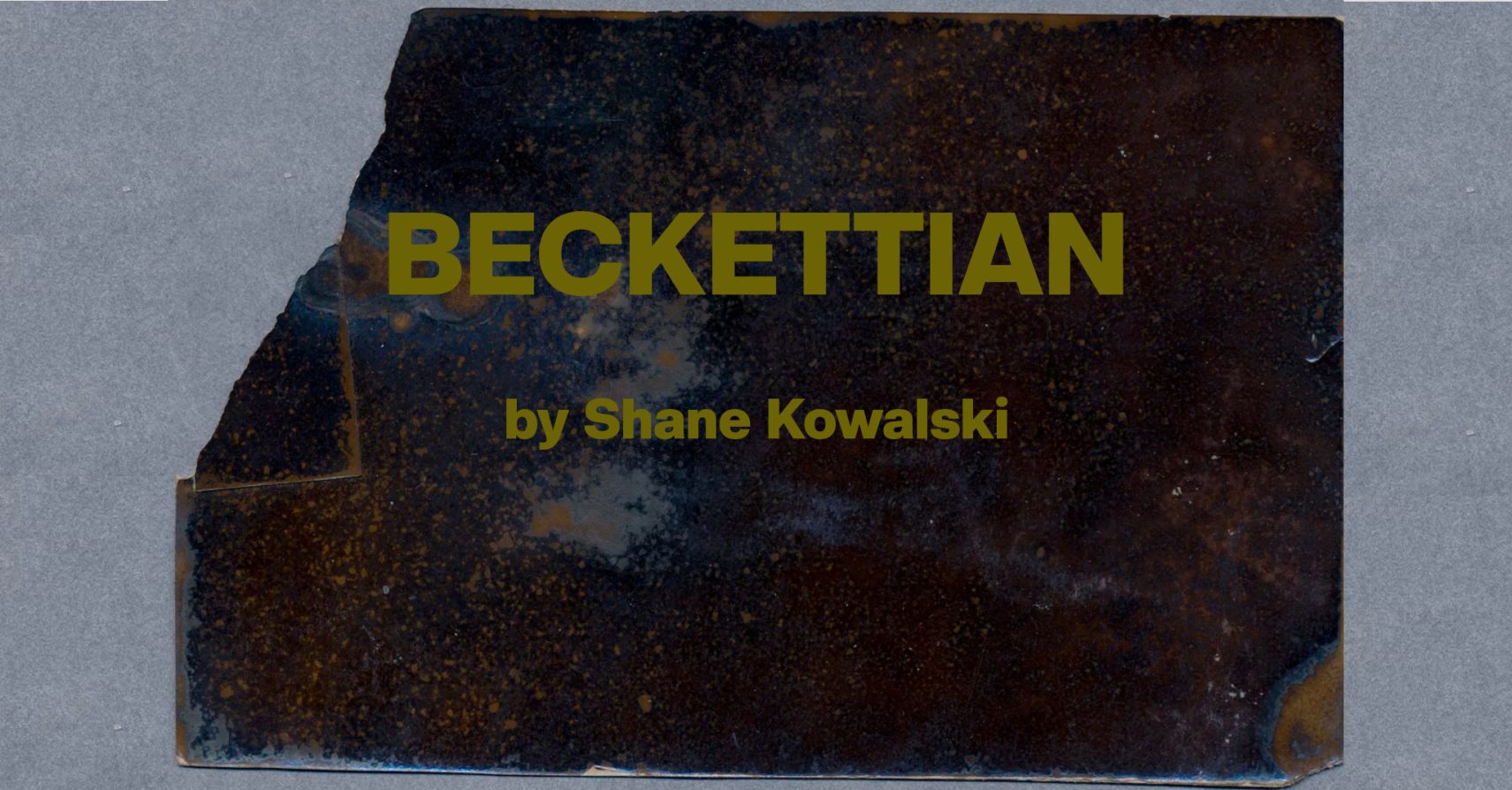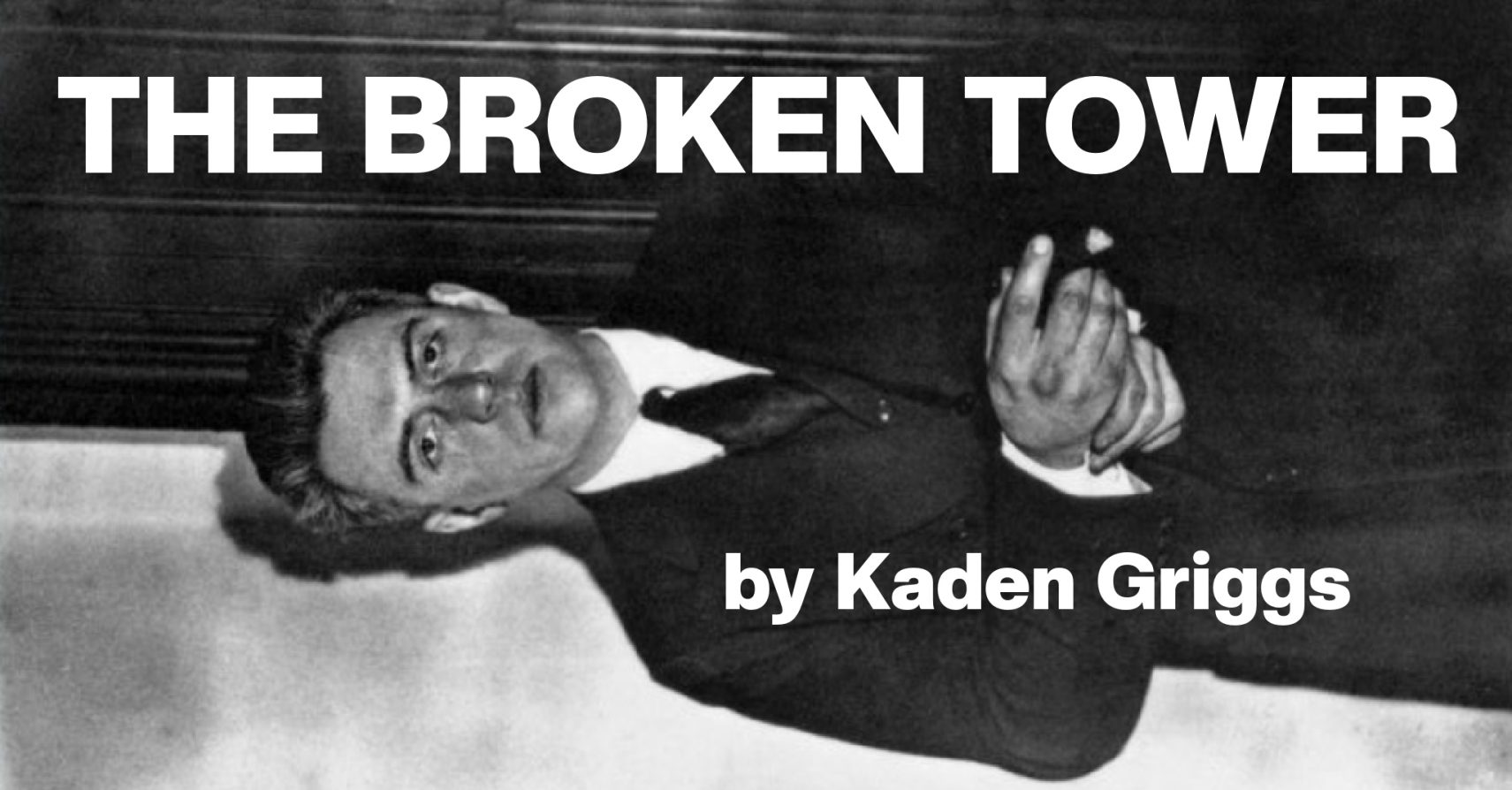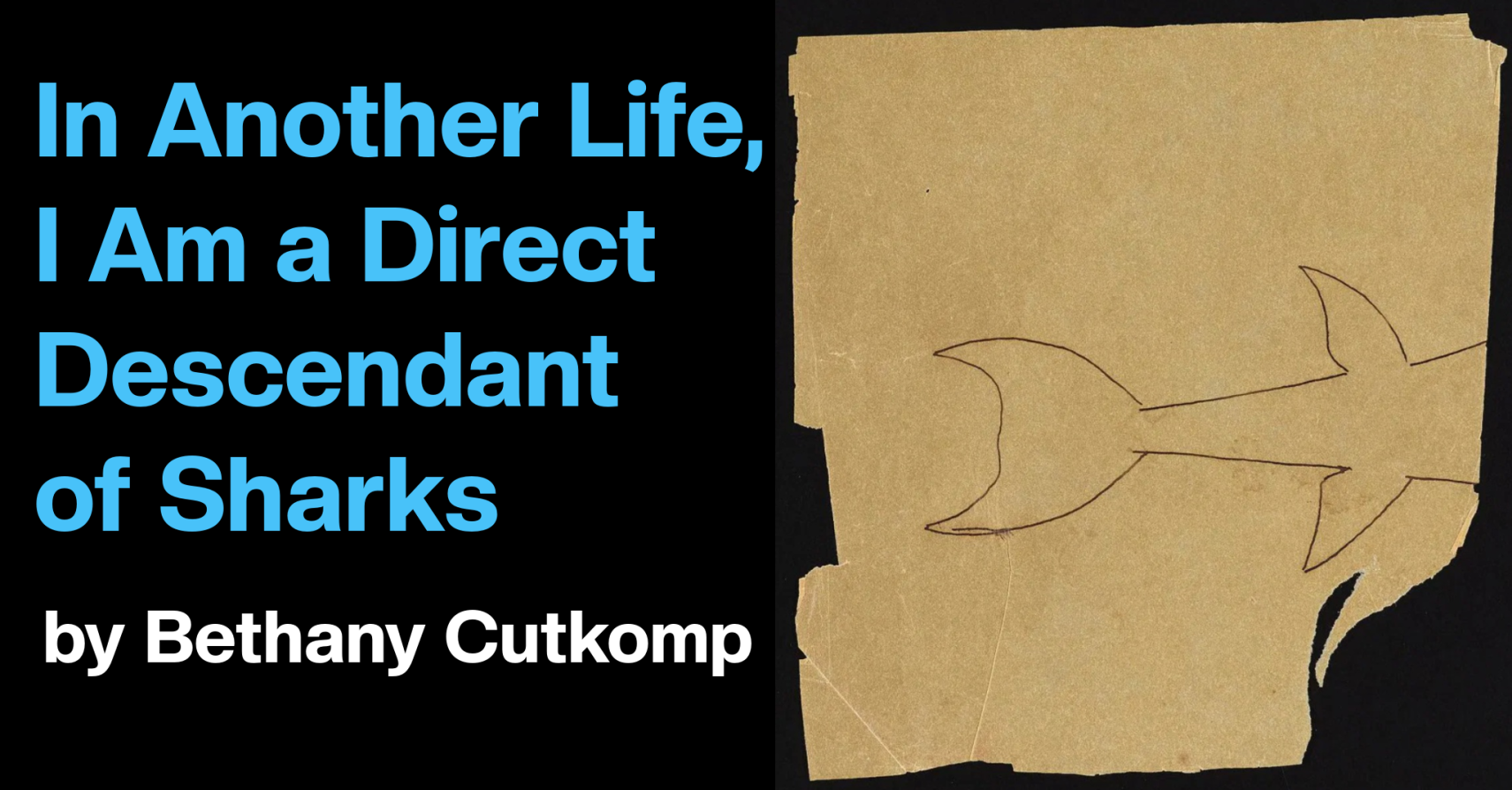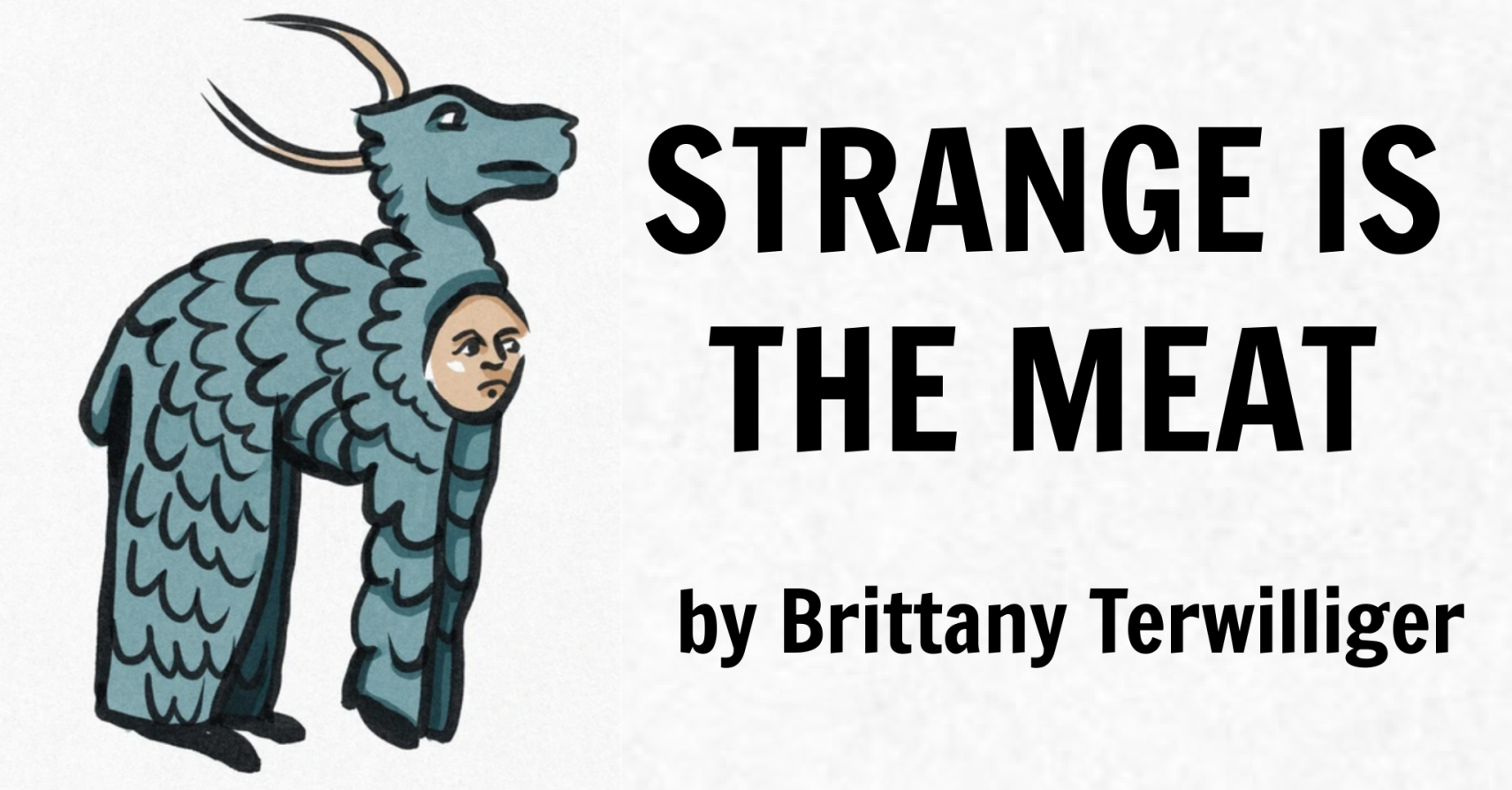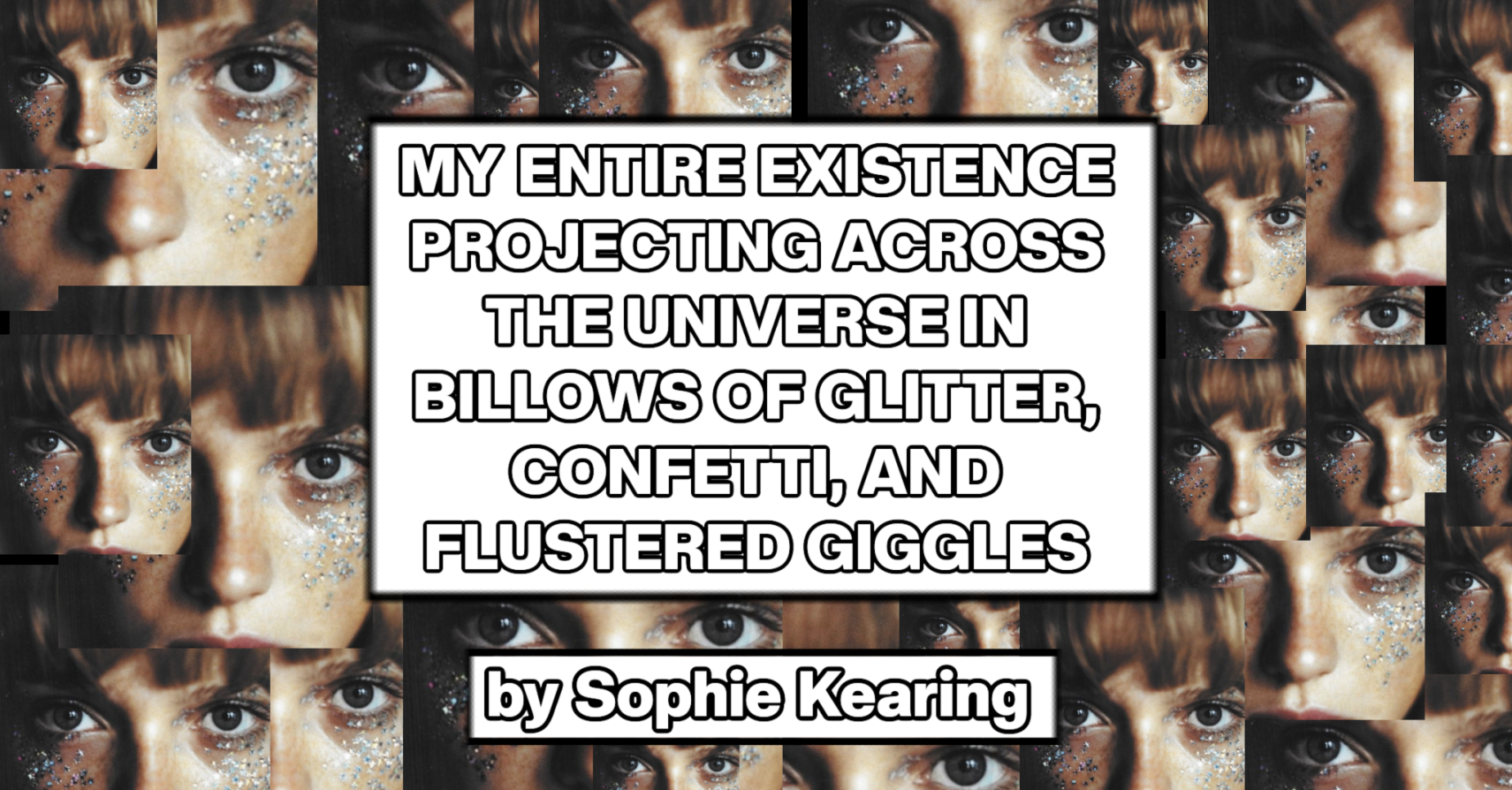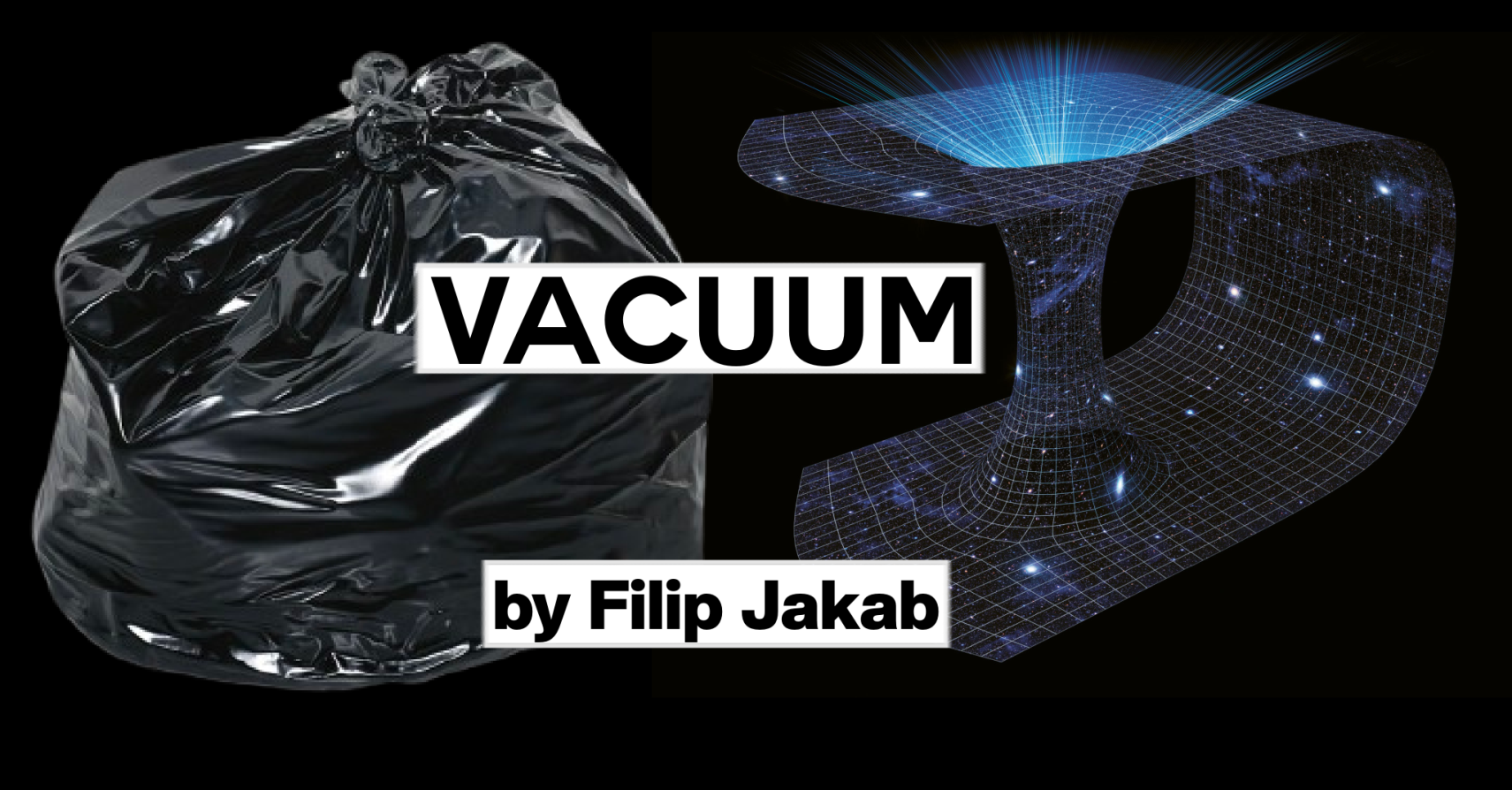
VACUUM by Filip Jakab
“Choke me!” Vinnie yells. His skaterboi Gen-Z body—a pale, rampant, mangled flesh to be further detested, desolated, deprived. Though the flesh and bone he otherwise soothes with a daily intake of smoothies that include collagen, selected antioxidants, and protein powders. He drinks a lot of purified water. He’s one of the lost by-products of his generation. He nourishes his Promethean body to the max so Sean can destroy it. He pumps it up twice, three times a week, with an unfuckable gym bro who goes by Dixon in the city center. Post-pump, they take dumb selfies (he never shows them to Sean)….

